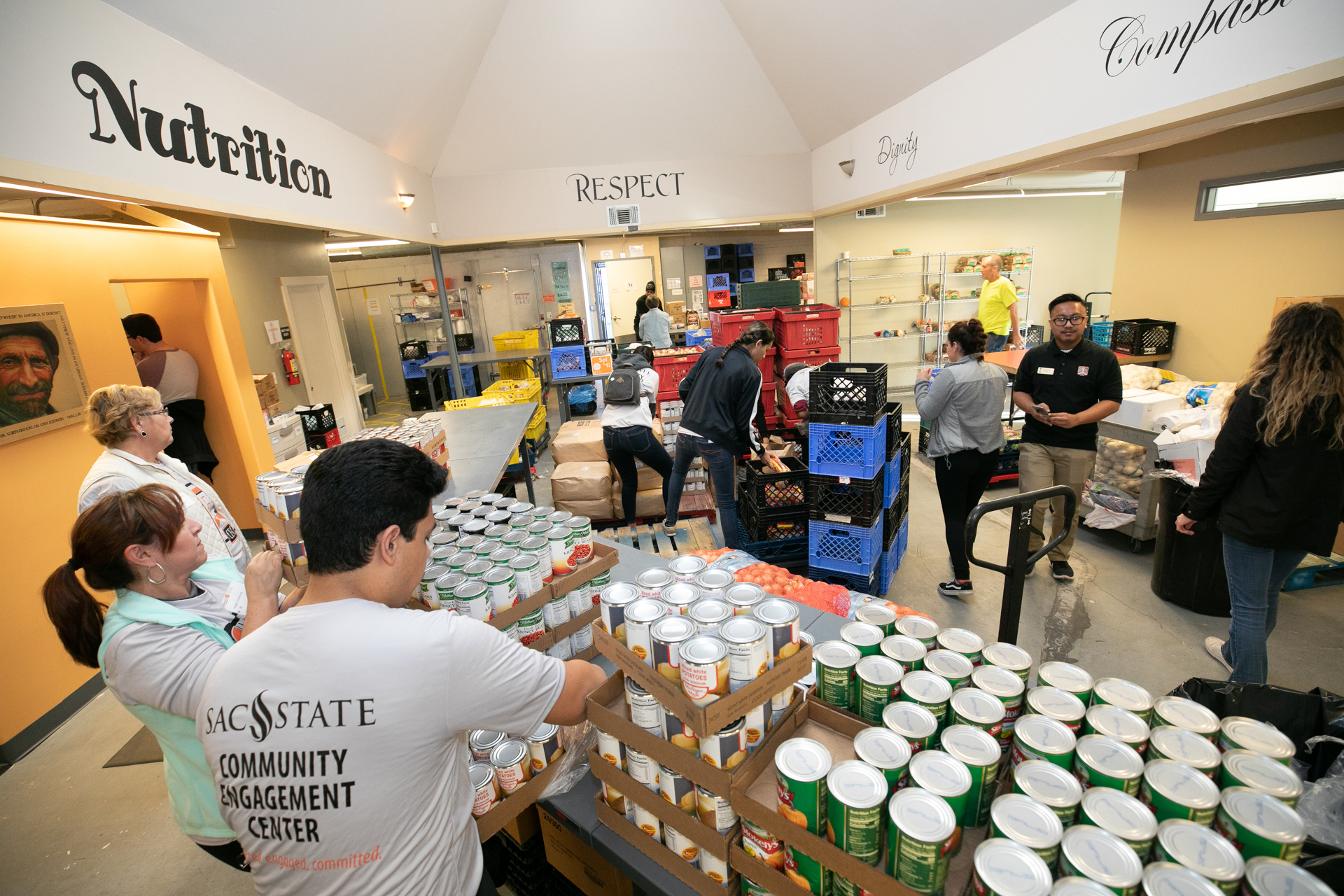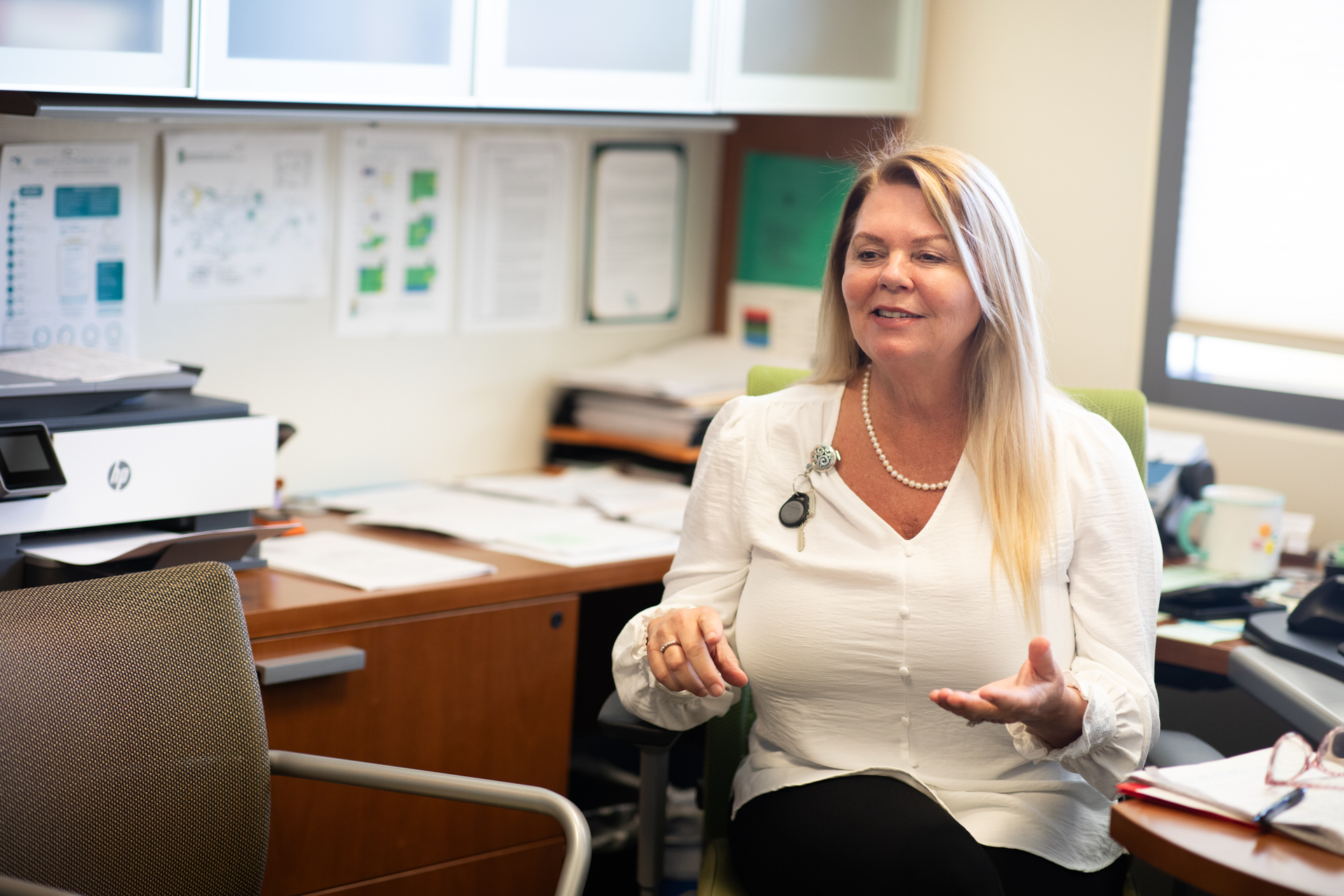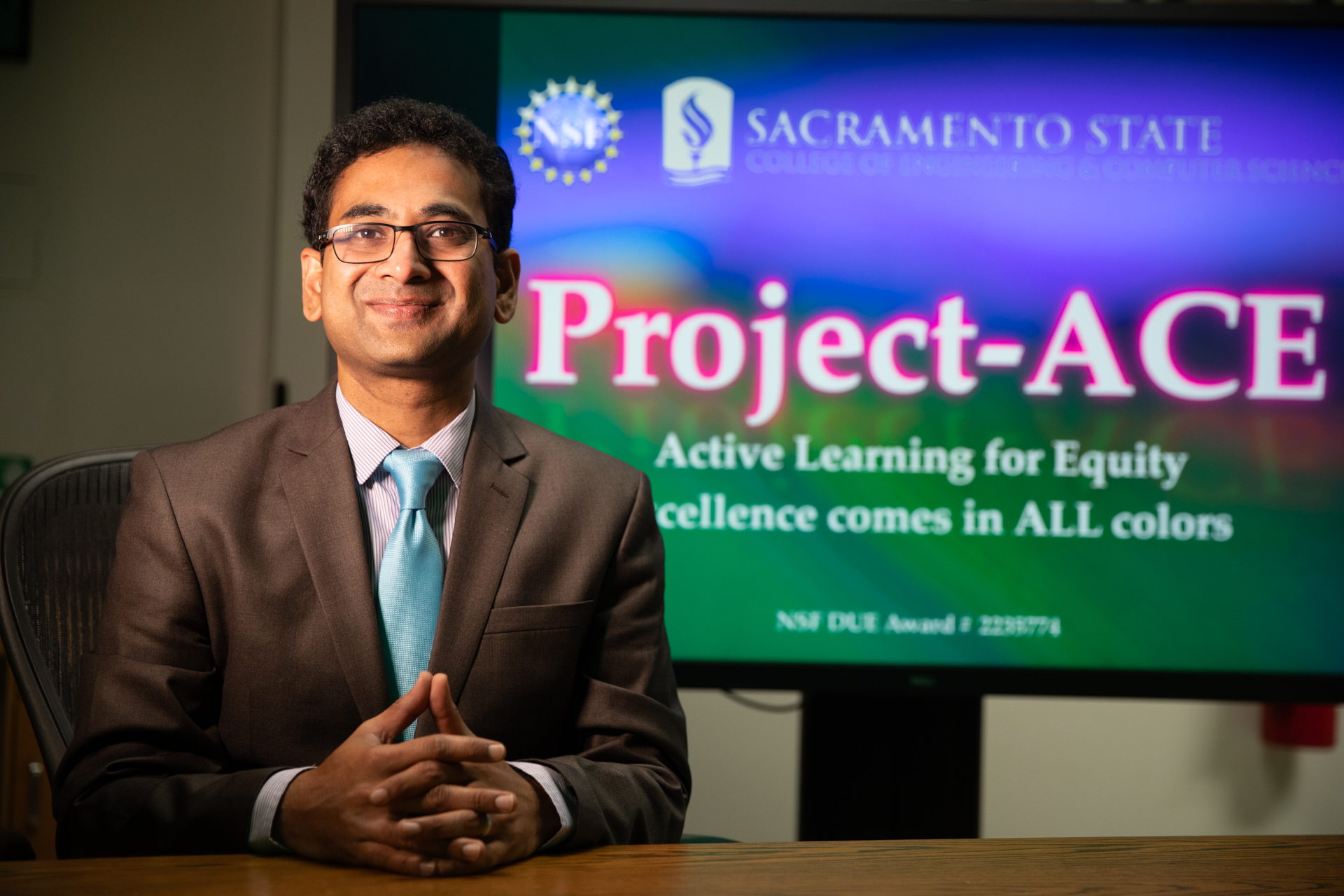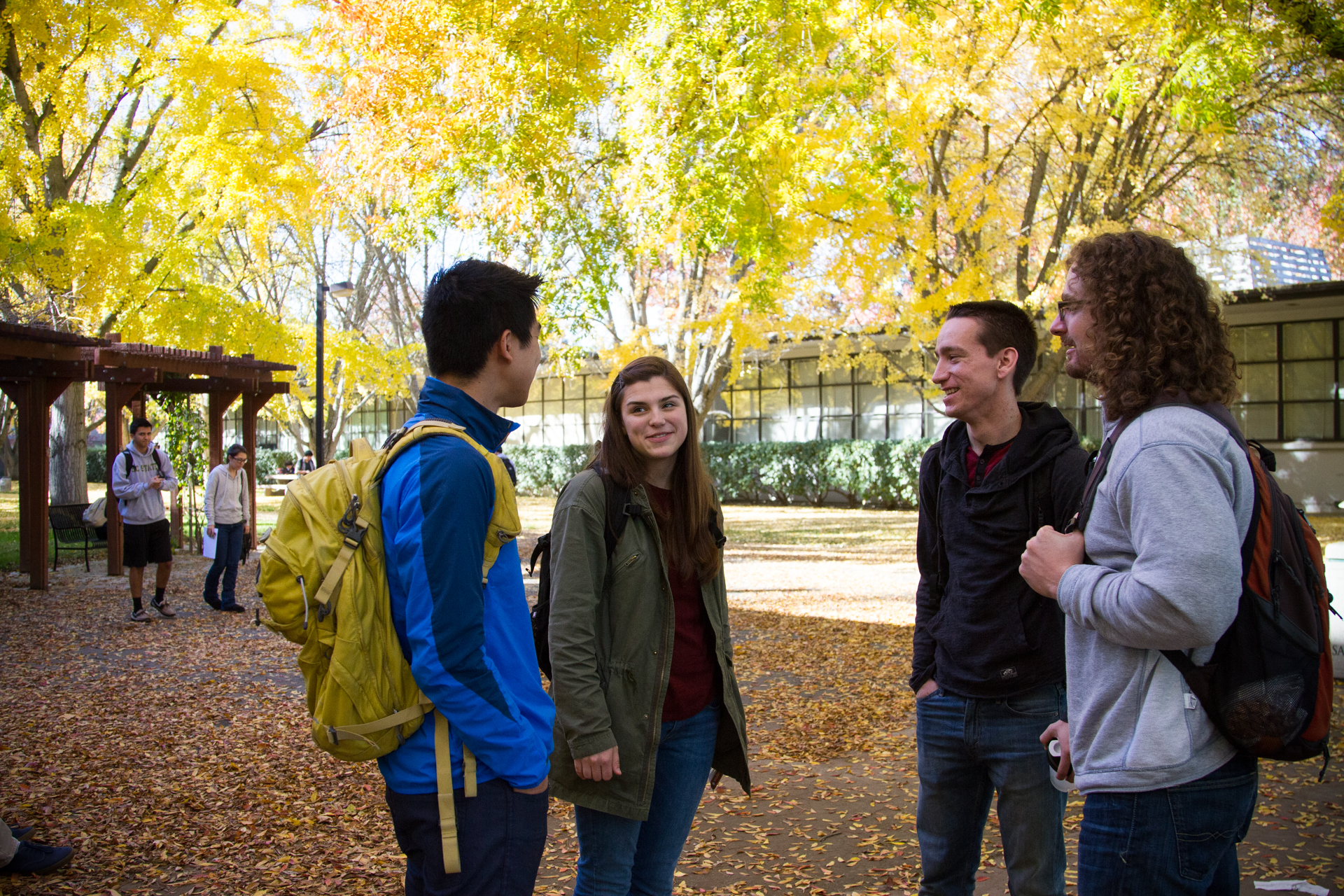Story Content
New Sac State cultural competency certificate helps professionals better serve vulnerable populations

September 26, 2023
A new certificate program at Sacramento State will train those in law enforcement, social services, and other professionals to work across cultures so they can better serve the region’s vulnerable populations.
The Cultural Competency Certificate Program, which Sac State’s College of Continuing Education launched this month, will provide participants with knowledge, skills, and techniques that can assist them in their work with the homeless, immigrants, victims of sexual violence, and other marginalized and at-risk groups.
The certificate was designed in response to current events, organizers said, including a national conversation about race and policing. It is aimed at providing its participants with important career skills and bolstering the regional workforce’s ability to respond effectively and compassionately to critical issues and incidents.
“It is no secret that police and community relations across the world have been wrought with violence and distrust that have led to a magnitude of secondary problems, and through our research we thought a program on cultural competence may assist in mitigating some of that harm,” said Nicole Fox, an associate professor of Criminal Justice who was part of the group that developed the program.
“Underlying this entire program is the steadfast belief that within the criminal justice system there is a need for providers – law enforcement, attorneys, correctional officers, and social service agency employees – to be culturally competent, meaning they demonstrate an ability to understand, appreciate, and interact with diverse populations. We hope this program can support them in this endeavor,” she said.
Nine students are enrolled, but that number could rise to as many as 25. Initially marketed toward law enforcement and criminal justice professionals, organizers have also reached out to workers in social services, health care, mental health, and other professions.
"Sac State is one of the first to have a program like this, a certificate program where anybody in the community can come and take it. That's a benefit and an advantage, getting the information out and educating the community." -- Tiffany Vrattos, a senior program management specialist with the College of Continuing Education
The program consists of seven courses, taken in sequence over several months and taught primarily by faculty from Sac State’s Criminal Justice and Social Work departments.
Following an introductory course, participants will take five 20-hour courses, each focused on a specific topic – race, immigration, homelessness, mental health, and sexual violence – before finishing with a capstone course that incorporates all program material.
The courses build on each other, Fox said, to train professionals who are “aware and empathetic to the trials and challenges of minoritized groups in the region.”
To make them more accessible to working adults, the courses are fully online, with around 60% of content taking place live over Zoom and the remainder for students to complete on their own time. Students can join the program at any point in its cycle, taking as many or as few courses as desired.
That flexibility and accessibility make the program unique, said Tiffany Vrattos, a senior program management specialist with CCE. Because the program is a non-credit professional development certificate, potential students do not need to apply to the University.
"Sac State is one of the first to have a program like this, a certificate program where anybody in the community can come and take it,” she said. “That's a benefit and an advantage, getting the information out and educating the community" about cultural competence.
The course material is designed to be practical and engaging, and it will explore the intersectionality among race, gender, socioeconomic status, and other aspects of identity. The class on race, for example, will look at the social construction of race and racism in the United States and ask students to apply what they learn to hypothetic encounters with people of color. A subsequent section on homelessness will deepen that discussion by examining how poverty is stratified across racial lines in the U.S. and California.
Students will gain new skills and valuable professional development they can include on their resume. Members of the communities they serve will gain service professionals who understand their unique backgrounds, experiences, and challenges. And the region will benefit from a workforce better equipped to care for its most vulnerable members.
“With a lot of things that are happening right now in the world, we could all use more education and information on how to serve these vulnerable populations,” Vrattos said. The program gives students “a sensitivity and an awareness when they're working with these populations of the best way to approach a situation to make a change.”
For more information about the Cultural Competency Certificate Program, visit the CCE website.
Editor's Pick
Media Resources
Faculty/Staff Resources
Looking for a Faculty Expert?
Contact University Communications
(916) 217-8366
communications@csus.edu


